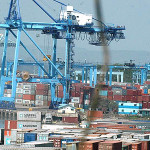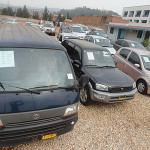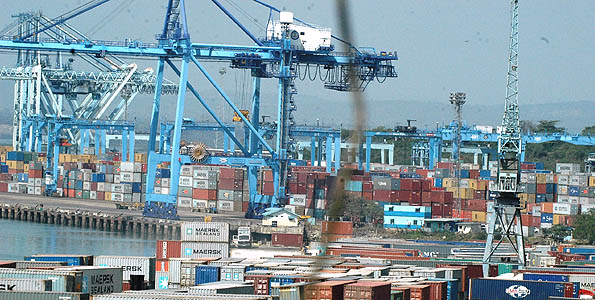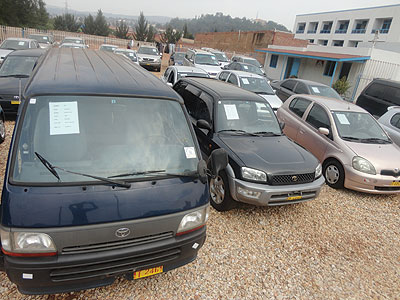Tracking system to drive re-export cars off EA roads
Dealers in re-export motor vehicles in the East African Community will soon pay duty at the point of entry as revenue authorities move to curb the rampant diversion of imports into local markets.
Revenue authorities from the EAC say they are installing an electronic vehicle tracking system to arrest vehicles that are meant for re-export but end up on local roads. It has been reported that an increasing number of vehicles declared at the points of entry as destined for re-export to neighbouring countries never leave the country.Once the proposed measures are implemented, the receiving country will charge duty on behalf of the importing one.
It will remit the funds as soon as the vehicle reaches its intended destination, said revenue authorities at a meeting in Dar es Salaam a week ago. Uganda Revenue Authority legal manager Ali Sekatawa said regional tax bodies were agreed that a major loophole exists, since many such cars are used locally without import duty being paid.
“We recently had a meeting with Rwanda, Tanzania and Kenya revenue authorities in Dar es Salaam and all of them expressed the same concern,” Mr Sekatawa said in Kampala. “We will introduce a system where the importer of a car meant for re-export to, say, Sudan, pays the tax at the point of entry and we’ll send that tax to the Sudanese government,” he said.
The Authority’s Commissioner for Domestic Taxes, Moses Kajubi, said they will track vehicles electronically using an interlinked system at the regional level.
“We’ll do this for purposes of registration so that vehicles for re-export are monitored till they reach the country of their destination,” he said.
The measures are part of the action being undertaken to curb rampant corruption at both regional and individual levels. They come hot on the heels of a Transparency International report indicating that tax institutions are among the most corrupt in the region. Since 2005, the Kampala taxman has sent home some 153 members of staff over indiscipline. The TI bribery index placed the Uganda Revenue Authority as the most corrupt in East Africa.
The vehicle import syndicate also comes amid heightened concerns in Kenya following reports that the country is losing an estimated Ksh100 million ($1.3 million) weekly in a car import racket. It is believed that importers bring in tax-free items to Eastleigh in Nairobi — an estate notorious for illicit trade and questionable cash transfer deals. Kenya Revenue Authority Commissioner General Michael Waweru said the country was losing millions of shillings through tax evasion.
Last month, the EAC Council of Ministers tabled the second draft Protocol on Preventing and Combating Corruption. The Deputy Secretary-General in charge of Political Federation, Beatrice Kiraso, said the draft was based on principles of transparency, accountability and proper management of public resources across the region. She said corruption knew no borders and that EAC partner states could combat it by exchanging information and conducting joint investigations.
“Corruption is the antithesis of regional integration, where the EAC is striving to be a single investment, tourism and trade destination,” said Ms Kiraso.
Related to motor vehicle issues in the region is cross-border theft, especially involving cars stolen in Kenya and sold in Tanzania, Uganda, Democratic Republic of Congo and Southern Sudan. Association of Kenya Insurers executive director Tom Gichuhi says criminals are stealing vehicles to sell in these countries at half their value. Reports indicate that an international crime ring, operating in Kenya and Tanzania, has been stealing vehicles from Kenya’s major cities and towns and smuggling them to Congo, Burundi and Malawi via Tanzania and Uganda.
A co-ordinated Interpol operation conducted in 2007 in Kenya, Tanzania and Uganda netted hundreds of stolen vehicles.
Adopted from: www.theeastafrican.co.ke/news



















